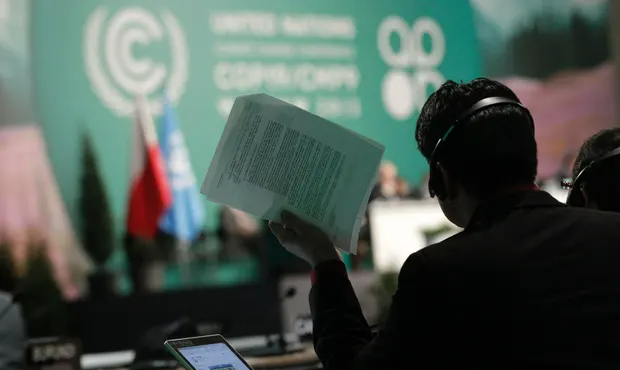28. Insights: SEC Climate Disclosure Proposal
Insights into the SEC Climate Disclosure Proposal
“Banks are being asked to decarbonize their portfolios.”
- Steven Rothstein, Managing Director of the Ceres Accelerator for Sustainable Capital Markets
On Monday, March 21st, the Securities and Exchange Commission (SEC) published a proposal that would require publicly traded companies to disclose detailed information around climate risks. While we wait until the 60-day comment period closes, we aim to better understand what this proposal would mean for community banks.
Last week, Sunwealth sat down with Steven Rothstein, an expert with 40 years of experience working at the intersection of climate and capital markets. Rothstein is the Managing Director of the Ceres Accelerator for Sustainable Capital Market. Ceres has been tracking and informing SEC climate-risk disclosure policy movement for more than a decade.
Chairman Gensler will be sitting down with Rothstein to discuss the proposal in-depth.
Risk Disclosure Informs Efficient Capital Markets
“Investors need consistent information on risks to make market-based decisions”
- Steven Rothstein
Since its inception, the SEC has been committed to mandating proper disclosures to investors so that individuals and institutions can continue to comfortably invest in the U.S. economy without fear of being treated unfairly or dishonestly. Rothstein suggests that trustworthy disclosures are key to market success, stating “We have a robust capital market, and the biggest reason is that investors have confidence in the information they receive.” Given the material impact of climate risk, he doesn’t see why it should be held separately from any other material risk. Fundamentally, if investors lack the right data, they can’t make the right decisions
Why Climate Risk Disclosure and Why Now?
“The SEC serves as the voice of the investor community”
- Steven Rothstein
Rothstein made it apparent that climate-risk disclosure has been on the SEC’s radar for decades. In 2010, the SEC released its Climate Change Guidance which clarified how existing disclosure rules may require public companies to report climate change risks. In the last decade, the regulatory environment has changed and so have the risks related to climate change.
Since 2010, investor demand for information about climate risks and opportunities has grown dramatically. At the Climate Change Conference in Glasgow (COP26), investors representing $52 trillion in assets called on all G20 governments to have mandatory climate disclosures. Ceres ran a poll and found that 87% of Americans support the federal government mandating climate disclosures from public companies. The SEC, as Rothstein sees it, was established to serve the voice of investors, and companies should heed their calls for more comprehensive disclosures.
Investors demand clear information on climate risk at the Climate Change Conference in Glasgow (2021)
The SEC Proposal: Disclosure and Transition Planning
“In the long-run, standardized disclosures will benefit investors”
- Steven Rothstein
The basis of the SEC’s recent proposal is founded on the Task Force on Climate-Related Financial Disclosures (TCFD), a framework that is emerging as a worldwide standard. Rothstein sees the Scope 1, Scope 2, and Scope 3 emissions reporting as a key component of this proposal. Additionally, the SEC proposal would require companies to include a transition plan for how they intend to mitigate and adapt to climate risks.
Role of Community Banks
“The cost of inaction will exceed the cost of action”
- Steven Rothstein
The proposed disclosures will give banks the vital tools and data to proactively decarbonize their portfolios. Data indicates that the U.S. Federal Government has already spent over $154 billion on climate-risk-related events. Rothstein suggests that Community Banks perform an analysis of their portfolio to evaluate physical climate risks, transition risks, reputation risks, and legal risks. Overall, climate disclosure will be a very small portion of the current cost of accounting and compliance.
To learn more about how your bank can prepare for Climate Disclosure, we recommend Ceres.
For more information on investing in solar, explore our page for investors.
Andrew Hollander joined Sunwealth as an Associate shortly after graduating from Bentley University. He is amped to put his degree to work and motivated to create a clean energy future for all. When he’s not managing solar assets, he can be found watching Seinfield or spending time with friends and family.



